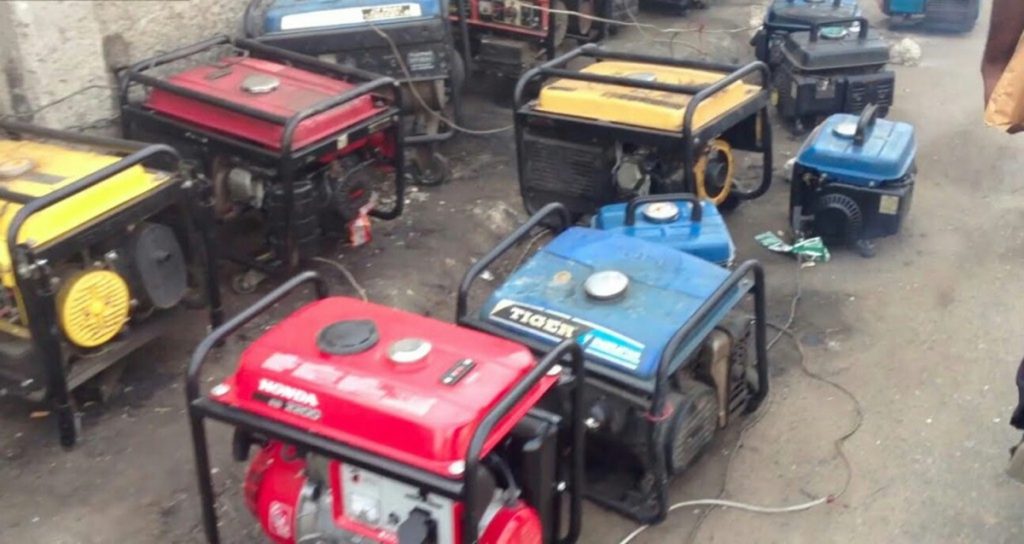Nigeria’s Minister of Power, Adebayo Adelabu, said Nigerians spent N16.5 trillion on diesel, petrol and generators in 2023.
Last year, the power sector, which comprises electricity generation, transmission, and distribution companies, reported a total revenue of N1 trillion, excluding the N16 trillion spent in the informal sector.
While speaking at the 2024 Nigeria Oil and Gas conference in Abuja, Adelabu made this claim, adding that customers in the Band A category of electricity consumption will continue to enjoy a 24-hour electricity supply.

“If you know how much our people spend buying diesel, petrol, generators, and servicing them in a year, the last study we had in 2023, a total of N16.5tn was spent on this (power) generation.
“Even a number of the industries are off the grid. They now have their captive power between their environments with gas-powered generators.
“So spendings in this sector out of the grid is close to N20tn. And let me blow your mind, the revenue for the entire industry, the grid, I mean the formal power sector was just N1tn for 2023 that goes to the generation companies, transmission companies and the distribution companies. Just N1tn formal revenue. But the informal spendings on generators, diesel, petrol, was close to N20tn.
“Even if it is just a quarter of that is put in the official power sector, we are talking about incremental revenue of N5tn that will bring the sector’s revenue to N6tn, sincerely we are going to have something close to uninterrupted 24/7 power supply in Nigeria.
“That is what we are working on to ensure that that trust is back, that that confidence is back. All the manufacturing companies doing self-generation can cut it off and reconnect to the national grid because it is the cheapest source.
“As in the last study, Band A customers enjoy uninterrupted supply and pay N206. The companies that have their captive power using gas pay about N290/kwh.
“For those that are using petrol generators, it is about N450 per kilowatt-hour. And for those using diesel to power their generators, it is upward of N900. So it is still the cheapest, most efficient and the least cost for our productive activities.”


